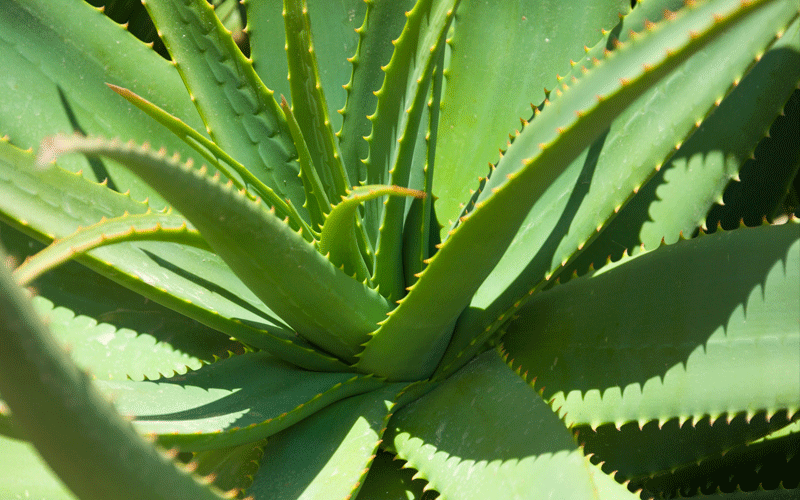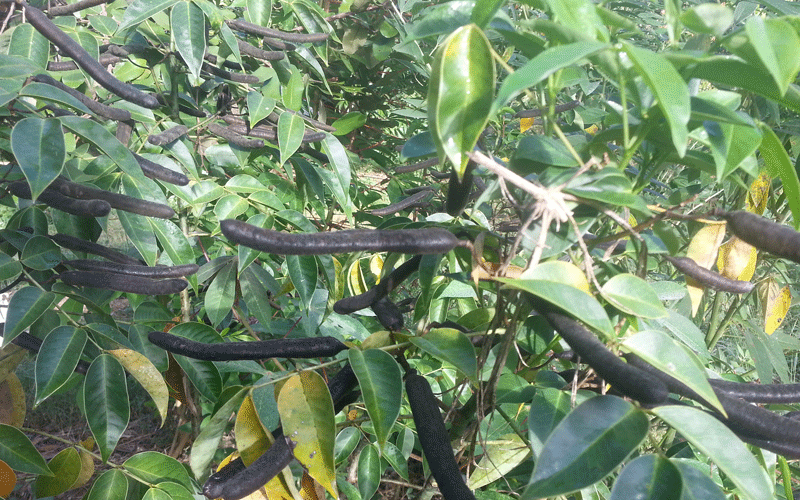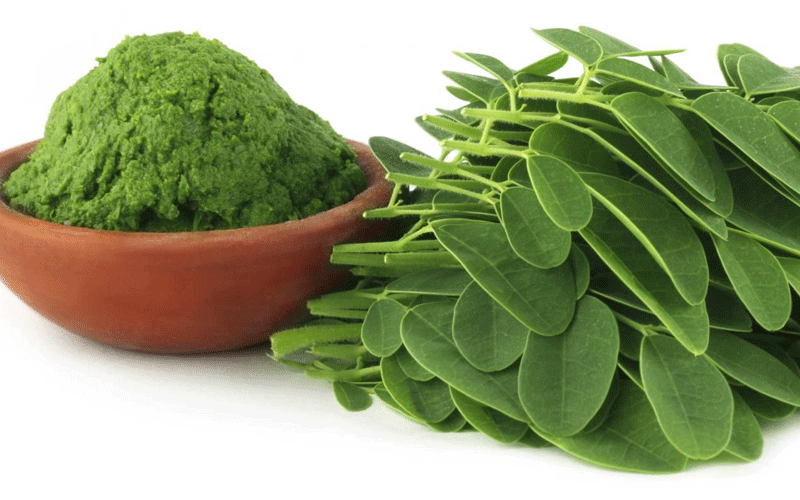Ten medicinal plants gaining popularity
By Evelyn Makena, August 27, 2020
For years, communities in Africa and around the world have used traditional remedies to treat and cure diseases. Even with advancement in conventional medicine, demand for natural remedies is on the rise. And now, they are making a comeback, especially when allopathetic medicine fails. Some are affordable, readily available and have minimal side effects hence a preferred choice in treatment of disease, writes Evelyn Makena
Ajuga Remota- Wanjiru wa Rurii
Popularly known as Wanjiru wa Rurii in Kikuyu, the plant has come under spotlight in recent months after being linked to treatment of Covid-19.
The plant is currently under research to prove its efficacy in slowing down the effects of Covid-19.
Traditionally, the tree has been used by the Kikuyu, Mbeere and Embu to treat malaria.
The tree belonging to a genus with over 300 species is also used as a herbal remedy for fever and infections.
Blackjack
Traditionally, black jack has been used for alleviating several health conditions including sexually transmitted diseases, malaria, and urinary tract infections.
Blackjack is also known for its immense anti-cancer powers. Fiber, antioxidants, plant compounds known as sterols, and different nutrients in blackjack combat cancer at all stages starting from preventing the disease to impeding cancer growth or killing cancer cells.
Different studies have also linked blackjack to a dramatically reduced risk of heart disease, cholesterol abnormalities, diabetes, high blood pressure, and many other ailments.
Aloe fera
The succulent plant that is 96 per cent water is a medicinal powerhouse. It’s highly effective in cleansing the digestive tract and boosting digestion.
Application of aloe vera on wounds has been known to accelerate the healing process.

Extracts from aloe vera are widely used in beauty products as they help prevent wrinkles and skin aging by increasing production of collagen and improving the skin’s elasticity.
It can be used to prevent hair loss, boost immune system, treat mouth ulcers and lower blood sugar.
Senna Singuena
Leaves of this tree are used to treat fever and cure wounds caused by leprosy and syphilis.
Extracts from the bark are taken to treat stomach discomfort and treat skin disorders.

The infusion of the leaves is used to treat conjunctivitis and the fruit pulp is cooked and given to lactating mothers to promote milk production.
The tree has also been popularly used traditionally as an antimalarial remedy.
Terminalia Brownii
A leafy tree that is popular in arid and semi-arid parts of the country, Terminalia Brownii is widely used in traditional medicine.
In some communities like the Embu, the tree is considered a medicinal powerhouse with different parts used to treat a wide variety of diseases.
Extractions from the bark of the tree are used to treat, hepatitis, colds, pneumonia, jaundice, malaria, epilepsy and tuberculosis.
Its leaves treat stomach complications including colic and diarrhea, roots help fight allergic reactions while the bark is also used to treat body swellings.
Prunus Africana
An evergreen tree that grows in the mountain regions, it treats a broad range of diseases.
Known as Muiri in Kikuyu, its bark is used to treat malaria, fever, chest pain, stomach upset, kidney disease and enlargement of the prostrate.
Its leaves are used to improve appetite and treat genital infections. The bark is also popular as it is used to enhance sexual vitality especially among the men.
Widespread use of the bark and logging has made the tree one of the endangered species.
Warbugia Ugandensis
The roots and leaves of the tree are used to treat common cold, constipation, malaria, fever, diarrhoea and stomachache.
Extracts from the bark of the tree referred to as Mugeta in Embu are also used in management of asthma.
When the bark of the tree is burnt and the smoke is sniffed, it can help cure a headache.
Moringa oleifera
Several early studies show that insulin-like proteins found in moringa help lower blood sugar.

In lab tests, leaf extracts slowed the growth of pancreatic cancer cells. Other lab studies show that moringa leaves, bark, and roots all have anti-cancer effects.
The antioxidants and other health-promoting plant chemicals in moringa may heal stress and inflammation in the brain. Moringa has also been linked to improved thyroid health.
Sodom apple
When the juice of the fruit is squeezed into a cut it helps to stop bleeding. The juice also helps relieve pain in wounds and treat toothaches.
Some people use the stems as toothbrushes as they are believed to have antibacterial properties.
The flowers are used in treatment of asthma. Its roots, which are poisonous are used in treating snakebites.
The twigs help in reliving stomach pains while its stem bark is recommended for treating liver and spleen diseases.
Stinging nettle
Besides being eaten as vegetables, stinging nettle is used in treatment of many conditions.
Its roots is used in treating various urinary problems caused by an enlarged prostrate including nighttime urination, painful urination, frequent urination, inability to urinate and irritable bladder.
Its leaves are used in treatment of allergies and hay fever. They are also used in treating internal bleeding including nose bleeding, boosting blood circulation, treating stomach acid, diarrhoea, asthma, eczema and lung congestion.